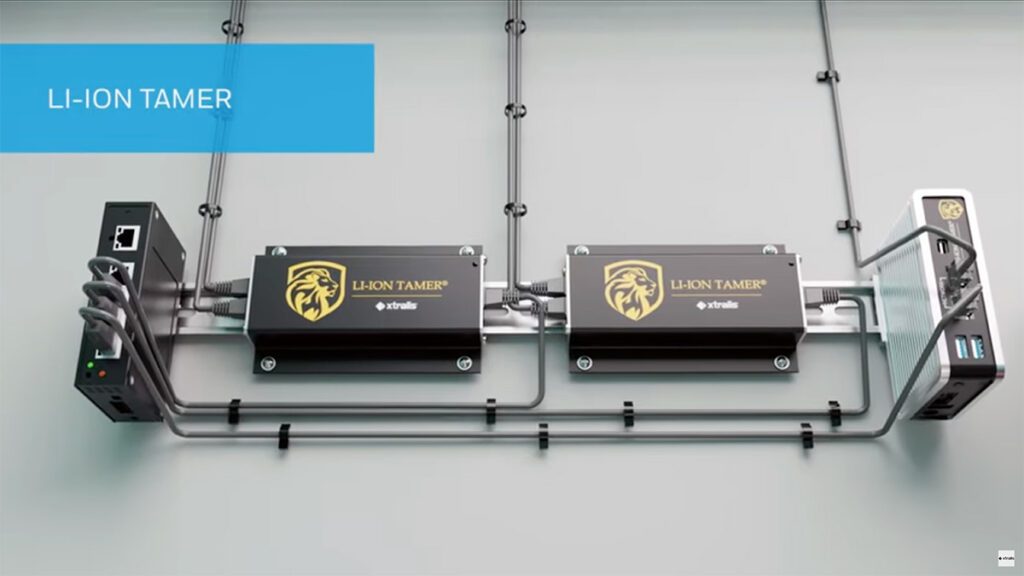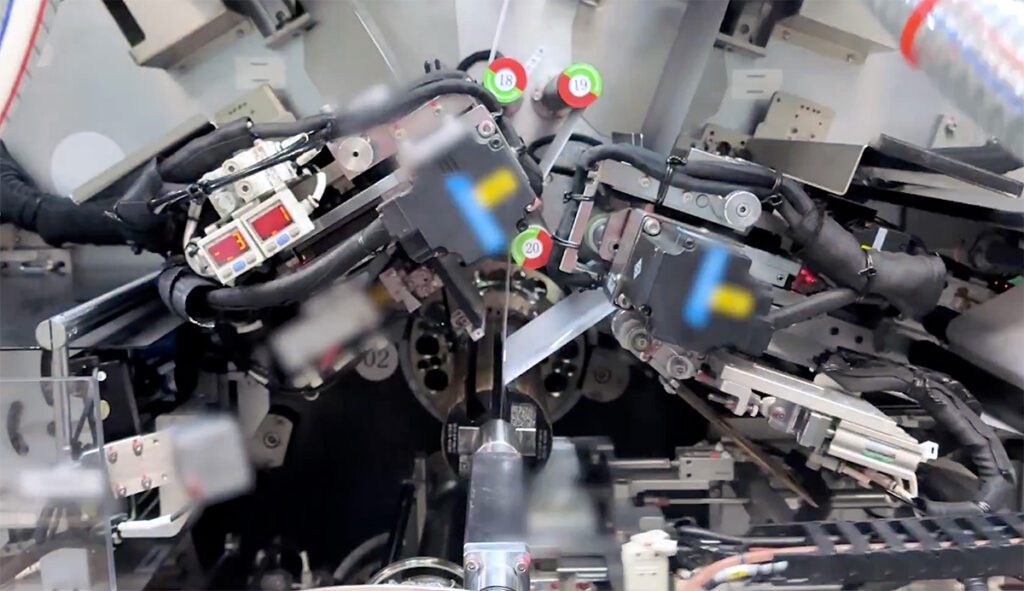How important is the $7,500 federal tax credit for EV buyers, and what will happen to the market when it is eventually phased out?
Vehicles from a particular automaker are eligible for the tax credit until it has sold 200,000 EVs in the US. After that, buyers of the company’s vehicles will get 50 percent of the full credit for six months, then 25 percent for the following six months.
At this point, no automaker is anywhere near the 200,000-vehicle mark – Nissan and Chevrolet have sold a little over 60,000 each, and Tesla around 30,000. However, if current trends continue, it’s not unlikely that the front-runners could pass the 200,000-unit cutoff within two or three years.
When that happens, things could get interesting (and confusing). The LEAF and Volt will be well into their second generation, and several new entrants will have joined the field. It may be that EVs from late bloomers such as Mercedes and Kia will be eligible for the credit, while the tried-and-true models will not (arguably, this is how the program is supposed to work, encouraging new entrants to the market). Once Tesla’s Model 3 hits the road, how long will it be eligible for the credit? That could be a very important question for its middle-income target market.
Yes, it might be very interesting to peruse the official sales figures, which are supposed to be reported quarterly to the IRS. There’s just one problem: the IRS web page that tracks individual automakers’ sales is “a complete mess” (as AutoblogGreen put it). There’s no data prior to 2012, and most of the 24 manufacturers of plug-ins, including GM and Tesla, aren’t listed at all. Furthermore, the IRS’s sales figures do not match the official numbers released by the automakers.
SEE ALSO: US utilities offer EV rates with an equivalent “price per gallon” of $0.75
So, who’s at fault here, inept government or evil corporations? In response to inquiries by AutoblogGreen, all concerned say everything’s fine at their respective ends. “The list of vehicles posted is current based on the requirements of various federal tax law provisions,” said an IRS spokesman. “GM has been providing our sales numbers to the IRS since launch of our products,” said GM’s Kevin Kelly. “We’re compliant with reporting our quarterly US sales to the IRS and submit this information to the IRS shortly after each quarter’s close,” said Tesla spokesperson Liz Jarvis-Shean.
Shopping for an EV is already confusing enough. Many dealers can’t even explain how the tax credit works, so don’t expect them to be able to tell buyers whether a particular purchase will qualify or not. Sometime within the next year or two, the IRS will need to provide an accurate and understandable resource for buyers.
Source: AutoblogGreen
Image: Images Money/Flickr




















































































